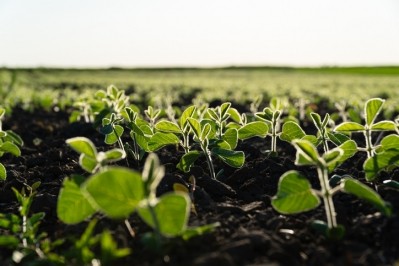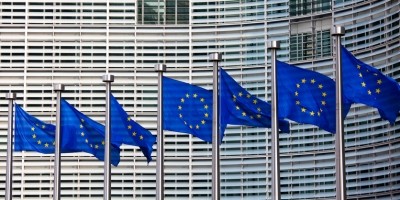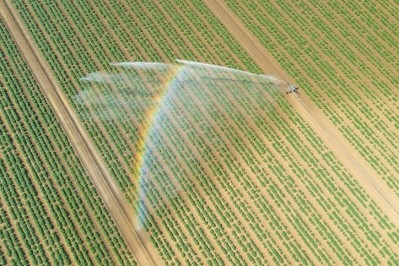EU parliament adopts deforestation-free commodities law

The law was adopted with 552 votes to 44 and 43 abstentions. The text has also to be formally endorsed by Council. It will then be published in the EU Official Journal and enter into force 20 days later.
While no country or commodity will be banned under the new rules, companies will only be allowed to sell products in the EU if the supplier of the product has issued a so-called ‘due diligence’ statement confirming that the product does not come from deforested land or has led to forest degradation, including of irreplaceable primary forests, after the cut-off date of December 31, 2020.
Companies will also have to verify that these products comply with relevant legislation of the country of production, including on human rights, and that the rights of affected indigenous people have been respected.
Products covered
The products covered by the new legislation are cattle, cocoa, coffee, palm oil, soy, and wood, including products that contain, have been fed with or have been made using these commodities, as per the original EU Commission (EC) proposal.
During the negotiations, MEPs added rubber, charcoal, printed paper products and several palm oil derivatives.
They also secured a wider definition of forest degradation that includes the conversion of primary forests or naturally regenerating forests into plantation forests or into other wooded land.
Risk-based controls
The EC will classify countries, or parts thereof, as low-, standard- or high-risk based through an objective and transparent assessment within 18 months of this regulation entering into force.
Products from low-risk countries will be subject to a simplified due diligence procedure. The proportion of checks performed on operators will accord with the country’s risk level: 9% for high-risk countries, 3% for standard-risk and 1% for low-risk.
Companies will have to provide the EU authorities with geolocation coordinates, and they will have to conduct checks with the help of satellite monitoring tools and DNA analysis to check where products come from.
Penalties for non-compliance shall be “proportionate and dissuasive” and the maximum fine will be at least 4% of the total annual turnover in the EU of the non-compliant operator or trader.
Timeline is a challenge
EU grain, oilseed, and feed trade groups, COCERAL, FEDIOL, and FEFAC, yesterday called on the EC and EU countries to help facilitate the implementation of the regulation.
They once again highlighted the fact that some of the provisions will pose significant problems for numerous stakeholders in the supply chains and risk excluding many players in third countries from supplying the EU market, especially smallholder farmers.
“The regulation will apply to supply chain actors 18 months after entry into force, which is a short timeline considering the serious implementation challenges that need to be tackled.”
Commodity-specific guidelines urged
The industry bodies also stressed that the regulation’s provisions have given rise to many practical questions that have not yet been addressed and which risk delaying efforts to find solutions to enable a successful application of the new law.
“Given the important resources and infrastructure and logistical changes required by the industry to comply with the segregation and traceability requirements, among others, we urge the Commission to provide legal clarity as well as solutions to avoid excessive disruptions to the functioning of commodity supply chains.
The trade groups said the EC needs to issue commodity-specific guidelines, as well as guidelines to facilitate the harmonized implementation of the regulation, by the end of 2023 the latest.
In October 2020, the EP made use of its prerogative in the Treaty to ask the Commission to come forward with legislation to halt EU-driven global deforestation. The deal with EU countries on the new law was reached on December 6 2022. In adopting this legislation, the EP said it is responding to citizens' expectations concerning enforcement of responsible forest management to protect and restore biodiversity as expressed in the conclusions of the Conference on the Future of Europe.
Cut-off dates
Also commenting on the law, Dagmar Gollan, executive director of Donau Soja Association, said: “We are pleased with this important step by the EU for the protection of forests worldwide. However, the legislation does not go far enough on some points and needs to be improved. In particular, more important ecosystems need to be protected from land conversion and incentive schemes for stricter requirements on issues such as pesticides and earlier cut-off dates than 2020 need to be supported."
She warned that the EU law may jeopardize agreements with earlier cut-off dates such as the Amazon Soy Moratorium.












